Guinea pigs
As herbivores and prey animals, guinea pigs differ from dogs and cats in many ways. Therefore, a medical approach specifically adapted to the guinea pig is necessary, should your animal become ill.
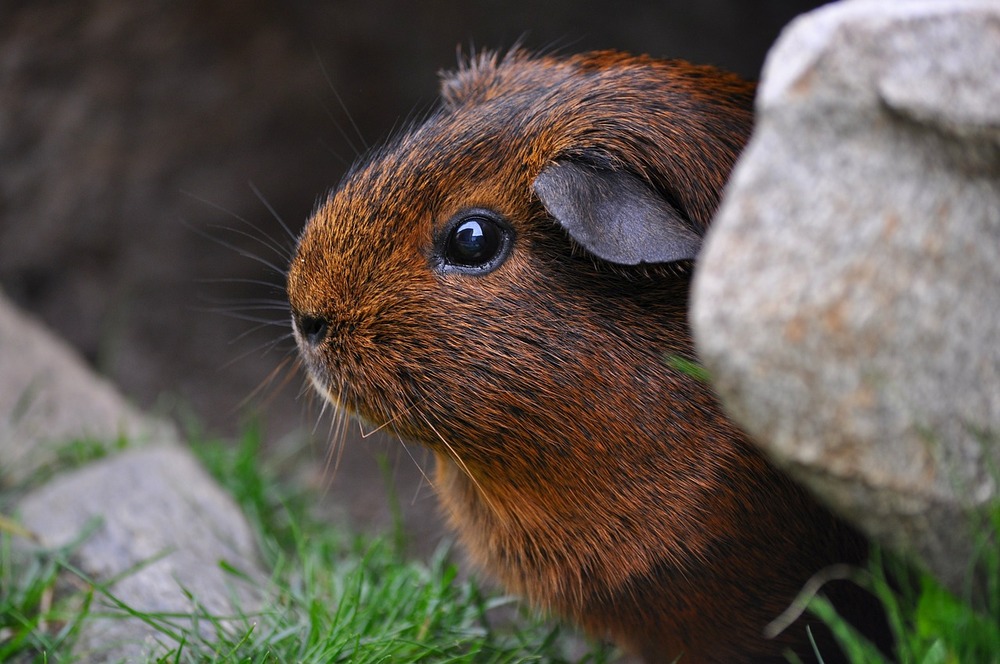
Housing and diet
We would be happy to discuss housing and diet requirements of your guinea pigs. A species-appropriate diet is very important for dental health. Because of their unique body structure, there are also a few things to consider when designing an enclosure for guinea pigs.
Prevention and health check
We recommend annual health checks for your animals. This facilitates early disease detection, which is particularly important in older and uncastrated animals.
- Grooming / trimming nails
- Blood test
- Spay and neutering
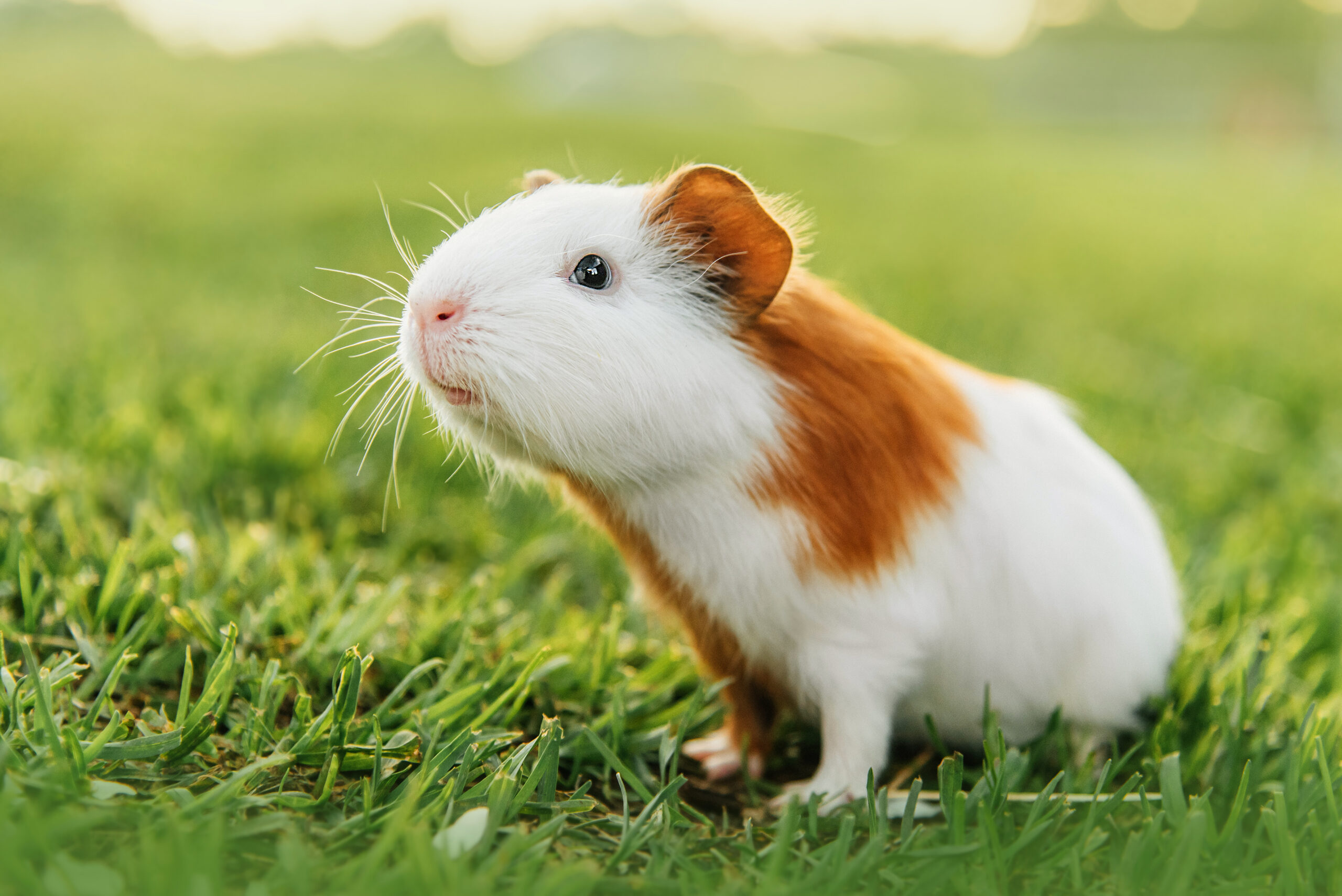
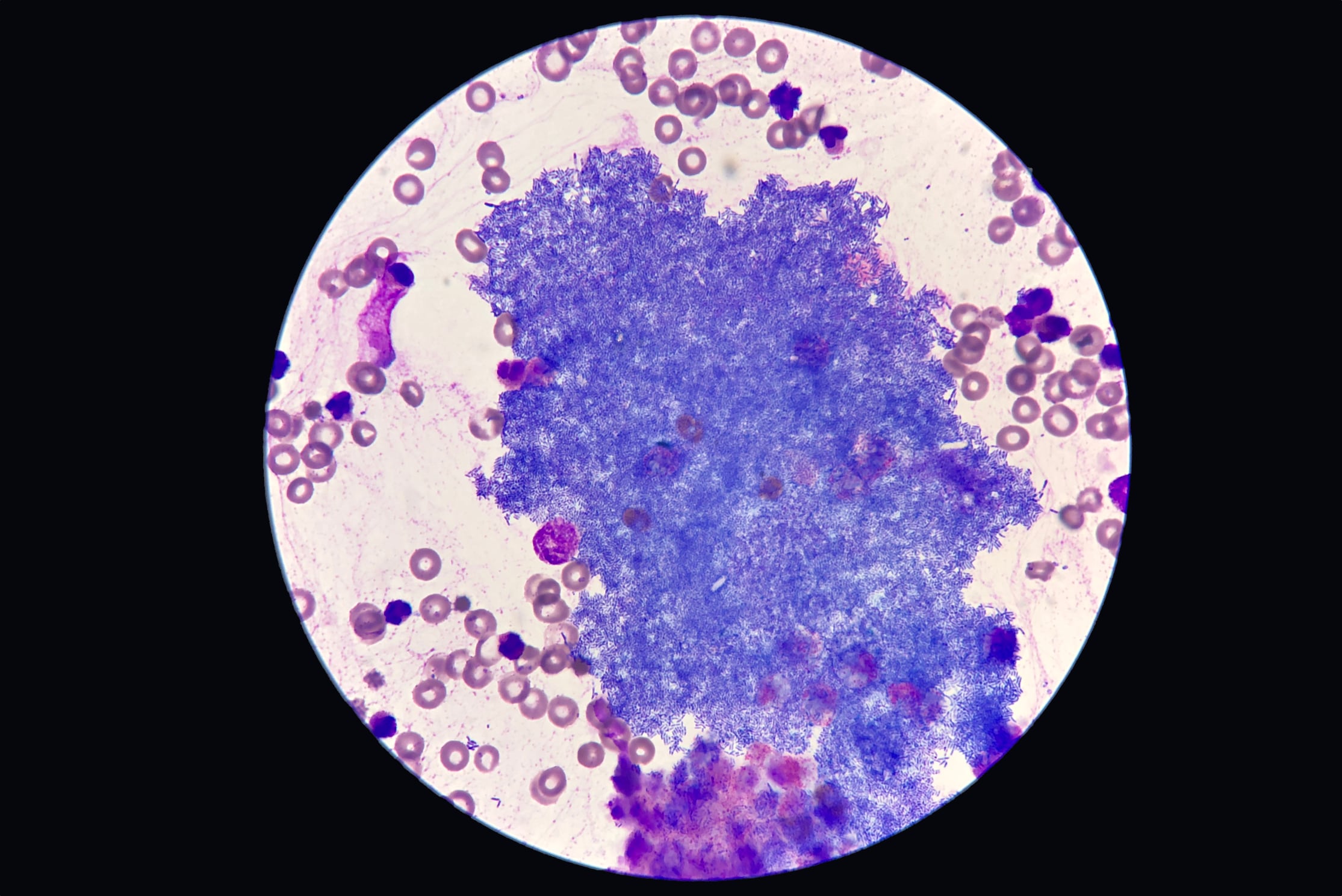
Diagnostics
We offer a wide variety of diagnostic tests, which are tailored to the needs of your guinea pig.
- Digital x-ray
- Ultrasound
- Blood test
- Fecal examinations
- Endoscopy and much more...
Surgery
We carry out all routine operations but also specialized surgeries.
- Castration (neutering) of male rodents
- Minimally invasive (via flank) and normal castration (spaying) of the females
- Minimally invasive removal of ovarian cysts via the flank
- Minimally invasive surgery on the middle ear
- Removal of infected cheek teeth
- Orthopedic surgery
- Removal of tumors and much more ...
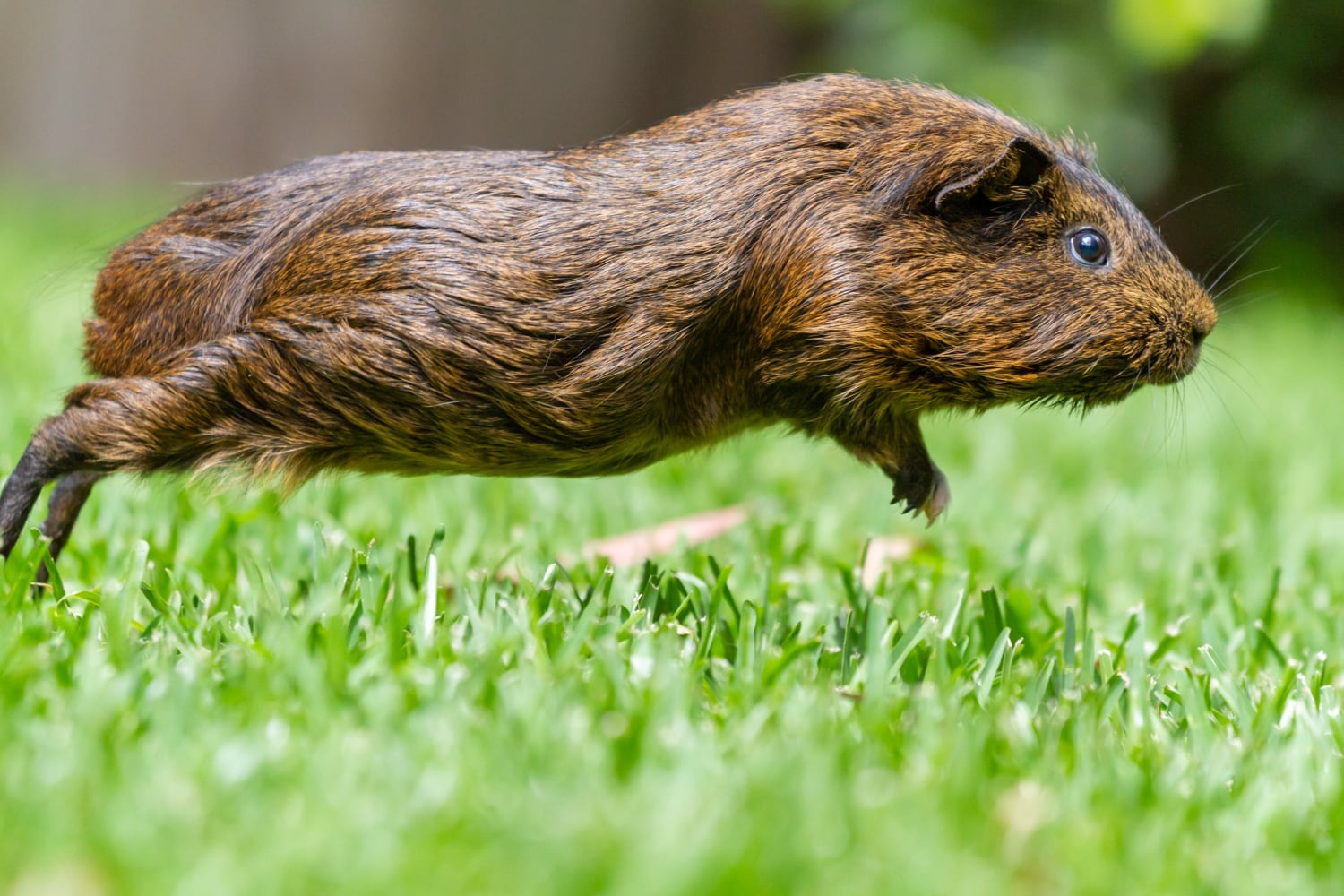
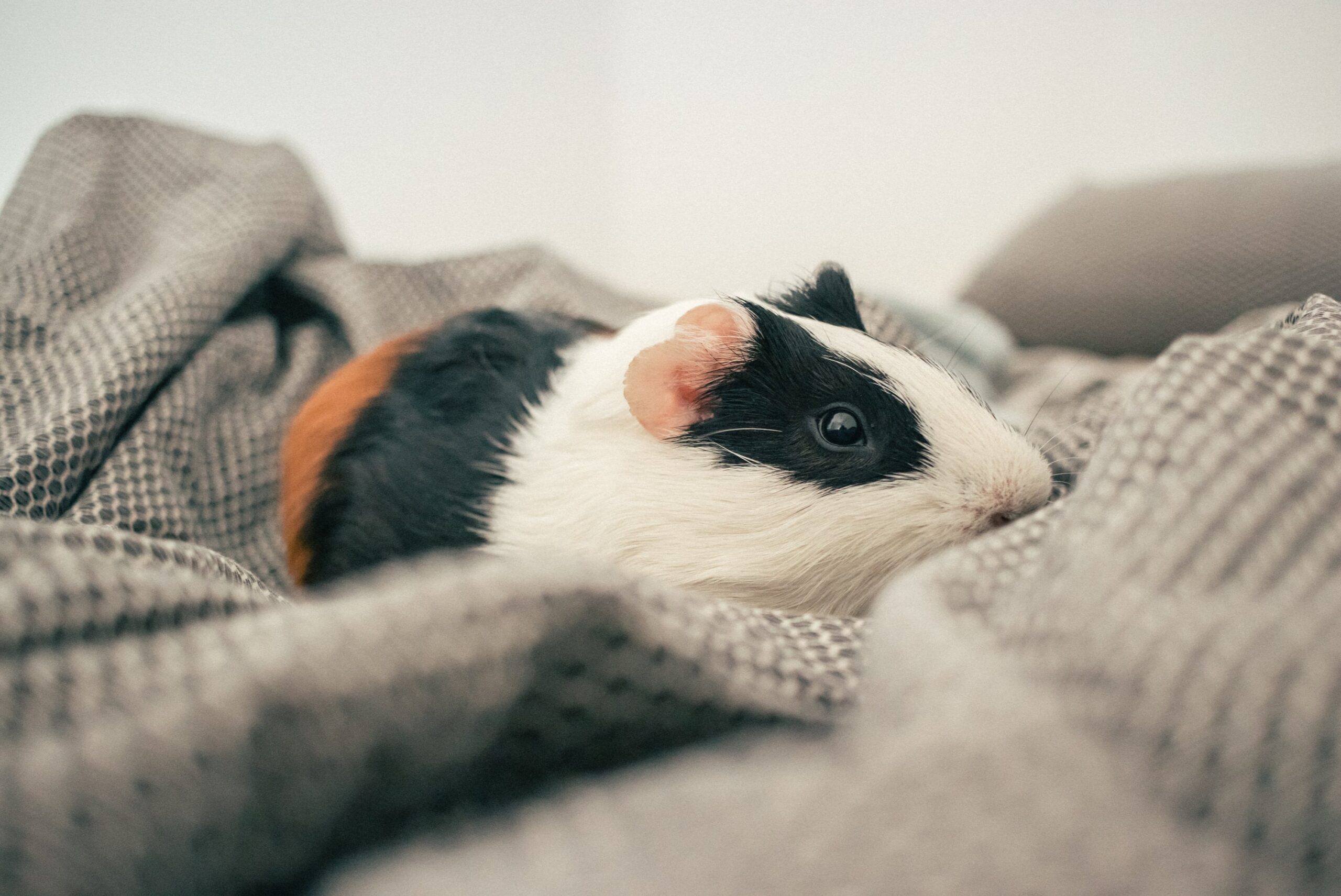
Anesthesia
In order to ensure good anesthesia monitoring, guinea pigs are dependent on special anesthesia equipment because of their small body size. The dosages of the anesthetic agents in guinea pigs are also completely different than, for example, in rabbits, dogs or cats. Pain therapy, in particular, is much more complex for guinea pigs. If needed we can also intubate the animals, which leads to a lower risk of anesthesia, especially during longer operations or dental treatments.

